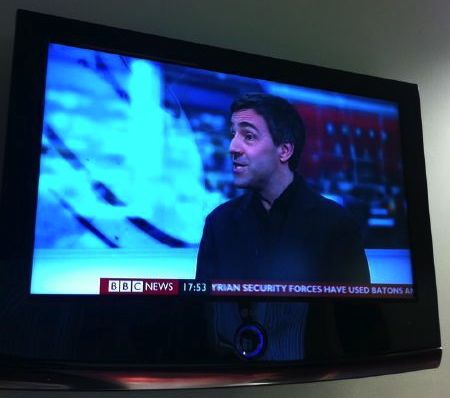 When you see somebody talking on the telly, do you assume they have been paid? You are right to. Unless they are a member of the public whose opinion or testimony has been sought by a news crew, or an audience member doorstepped by the host on an audience show, or they are questioned in a news studio as a representative of either a political party or a private company, then they will usually be paid an appearance fee.
When you see somebody talking on the telly, do you assume they have been paid? You are right to. Unless they are a member of the public whose opinion or testimony has been sought by a news crew, or an audience member doorstepped by the host on an audience show, or they are questioned in a news studio as a representative of either a political party or a private company, then they will usually be paid an appearance fee.
This will be nominal, but it covers their time and their expertise, and reflects the fact that – like an actor in a drama, or a singer or dancer in a chorus – they have helped to make a TV programme, and without them there would be a person-shaped gap, which will never do. TV programmes have budgets, and from those budgets, fees for actors, singers, dancers or contributors are found. (It goes without saying that there are many, sometimes hundreds of people you don’t see on the telly who are just as vital to the making of the programme, and they will be paid too, but this will effectively be a non-appearance fee.)
However, it ain’t necessarily so. Because James Gandolfini sadly died, I was contacted yesterday morning, by email – via the Guardian as it happens – by a broadcaster who requested my presence on a live studio discussion about Gandolfini, to take place at 4pm yesterday afternoon. Having just gathered my thoughts sufficiently to write a blog and be filmed for the Guardian video obituary, I felt confident I could make a good contribution to this show.
However, having agreed on principle with the producer to be at the studio for 4pm (which just happened to be geographically between the British Library, where I was writing, and 6 Music, where I was headed for an appearance on Roundtable, so it was all awfully convenient and meant to be), I was then told, “It’s not actually our policy to pay guests.”
Without wishing to come across as some kind of bread-head, I rather insisted that I would expect some recompense for my time and expertise, and after a couple more emails, during which the producer went to their editor and came back, we hit an impasse, at which the producer said, “We’re going to have to go with someone else.” This meant somebody who didn’t require paying. Fair enough. I had pushed for payment and they’d called my bluff. To be honest, it was one less extra thing to think about. I am currently writing a second draft of a pilot sitcom script to a deadline after all, and I’m being paid for that.
Having worked for 25 years in the media, I would say I have a realistic view of my own importance. I do not delude myself. But I do believe the mileage on my clock gives me a degree of authority and I like to think I can string a sentence together on a good day. I cannot build a wall or fix a radiator but I can talk. A tradesperson is rightly seen as someone who is paid for their time and expertise. If you can plaster a wall yourself, you have no need to call in a plasterer; if you can’t, you must expect to pay them for the work, and they must be expected to do that work to a certain standard in return.
I once entered some provisional talks with a small, independent publisher about publishing my “selected works” in a book. It never happened, but I had a title: Punctual. I have always been proud to be reliable, to write to length, and to deadline, to turn up on time, and to call ahead if unable to do so. These boring qualities go a long way in showbiz. (I have heard of certain performers who are apparently a nightmare to work with, but you have to be pretty bloody good at your job to get away with this.) I have never fooled myself into thinking I’m some kind of literary, verbal or televisual genius, to whose door broadcasters will constantly be beating a path.
Now, if I had accepted the no-fee and given my two penn’orth to the broadcaster today at 4pm, here’s what would have happened:
- My face would have been on the telly.
- Some people might have seen it.
- The whole thing would have lasted a matter of minutes (which, when you build in the travel at either end, plus the buffer of some green-room waiting time, makes the appearance a tiny percentage of the time and effort expended).
- The broadcaster might have used me again in the future and on that occasion maybe even paid me.
Also, I suspect, if you’d seen it, you would have assumed I’d been paid. But I wouldn’t have. It would have been voluntary work, except not voluntary work for a worthy cause.
I declined, politely. So I wasn’t on. I kind of wonder who was? But it doesn’t matter. The world kept on turning. But what right does a broadcaster ie. employer or client, have not to pay for honest work? Every TV show you watch will probably have interns working, often unpaid, on the first rung of a TV career, but that is their decision, and a time-investment in exchange for “work experience”, which can be invaluable. Also, you get free coffee and get to work on a TV programme. Me? I’m 48. I don’t care about free coffee and I’ve seen hundreds of TV programmes being made. I have written some of them, and been in some of them. I no longer need the work experience.
Richard used to take the piss out of me for screen-grabbing my occasional TV appearances, but these are my work. I don’t have a library of tapes, but I do have some grabs. Plus, they’re fun to look back at.




I didn’t get paid to be on Mastermind, of course – my appearance fee went to charity. Typically, they paid for my train fares. This is weird only when no fee is forthcoming. The broadcaster who wouldn’t pay my fee yesterday offered a car there and back. What a waste of money. It’s nearly always easier, and quicker, to get about London on public transport. Why would I want to be in a slow-moving car? Think of all the money they could save by not running a private car hire service. Pay contributors with that instead!
So, what else could I hope to gain from a brief, unpaid slot on a news programme? An ego boost? Those who still think I am on the telly all the time as a pundit or “talking head” may assume I have some need to be seen in pubic. I don’t. I may once have been excited by it. But not any more. This is why I have consciously scaled back on the frequency with which I say “yes” when asked to appear on stuff. Because my mobile number is on some general BBC contributors’ list somewhere, and I haven’t changed it for a long time, I am called up by researchers looking comments all the time. I decline almost all of these requests, as I find they take up more time than they are worth in nominal appearance fees. (When I used to write books, I would appear on anything in order to promote them – you do not expect a fee in this instance.)
If I was on the staff of the Guardian, or Radio Times, I might happily be ferried to a TV studio for an hour or two, just to get out of the office, but I’m not on the staff of anything. (I explained this to the producer who wanted to not pay me yesterday, so there was no confusion.)
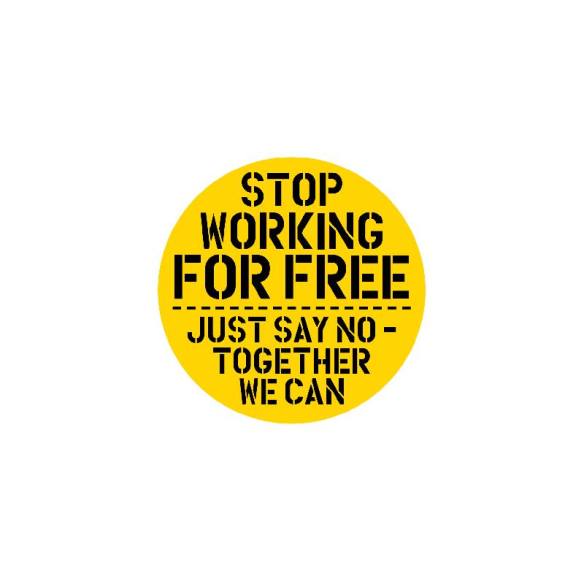
It’s a burning issue in the media. Barney Hoskyns, the august music scribe and curator of Rock’s Back Pages, has started a campaign for media freelancers called Stop Working For Free, whose Facebook page is here. (I can’t access it as I’m not a Facebook member, but you might be.) While people with “proper” jobs might think that media work is cushy and “a laugh” – which to a degree it can be – it is still work: a case of time taken and effort and expertise expended, both of which should by rights be recompensed, by verbal or written agreement with the employer. I’ve complained before about how much free work – “on spec” – you must do as a writer, and how many meetings you must attend for no financial return or “call-out fee”. You accept this as part of the world you work in. But exploitation is never far round the corner, as Barney’s manifesto makes plain:
STOP WORKING FOR FREE.
Calling all freelance content providers (musicians, writers, actors, photographers, designers etc): Join me in WITHDRAWING UNPAID LABOUR from the creative and media industries. The exploitation of freelance content providers has gone on too long, and we are all responsible for letting it happen.
Things have got much worse in the digital age, of course, where images and words are shared around as if nobody is responsible for them. (Hey, I write a blog; I bet at some point I have used a photo that an agency, and therefore a photographer, should be paid for. I do my best not to, but it’s a wild west, isn’t it?) As a creative person who gives a lot of writing away for free – which is my choice – I feel I am on the moral high ground, but there’s a lot of grey here.
I would be interested to hear from people in and outside this weird industry. How do you feel about anybody working for nothing?
In the meantime I’ll leave you with more of Barney’s stirring words:
If you allow yourself to be seduced by the myth that your unpaid labour will “look good on your CV” (or equivalent blah), please try to see that you jeopardise not only the welfare of your replaceable elders but your OWN long-term economic future. You set up a paradigm whereby you in turn become replaceable.









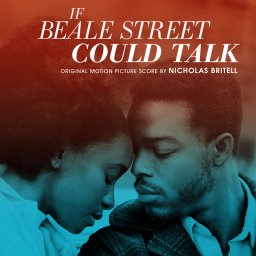



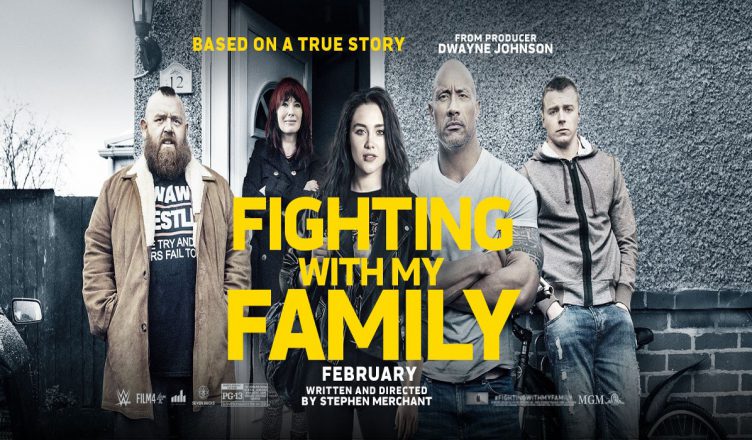
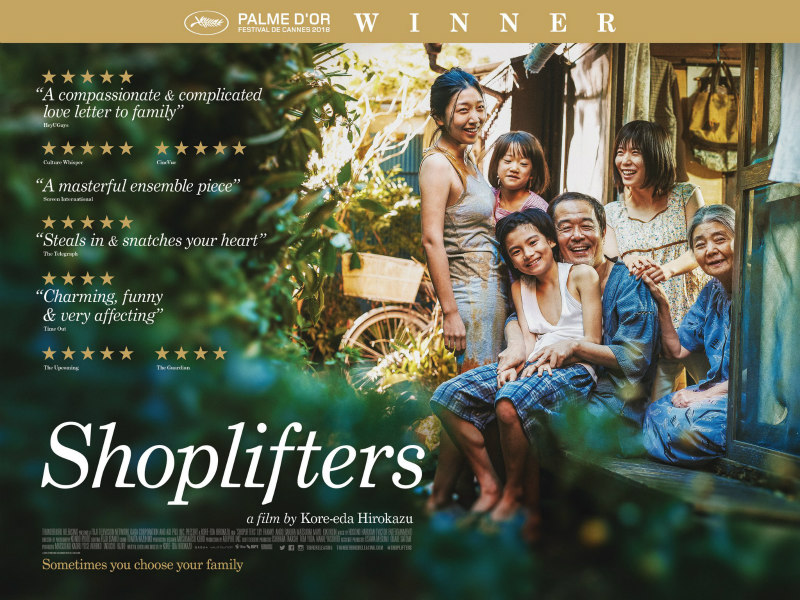


 When you see somebody talking on the telly, do you assume they have been paid? You are right to. Unless they are a member of the public whose opinion or testimony has been sought by a news crew, or an audience member doorstepped by the host on an audience show, or they are questioned in a news studio as a representative of either a political party or a private company, then they will usually be paid an appearance fee.
When you see somebody talking on the telly, do you assume they have been paid? You are right to. Unless they are a member of the public whose opinion or testimony has been sought by a news crew, or an audience member doorstepped by the host on an audience show, or they are questioned in a news studio as a representative of either a political party or a private company, then they will usually be paid an appearance fee.



